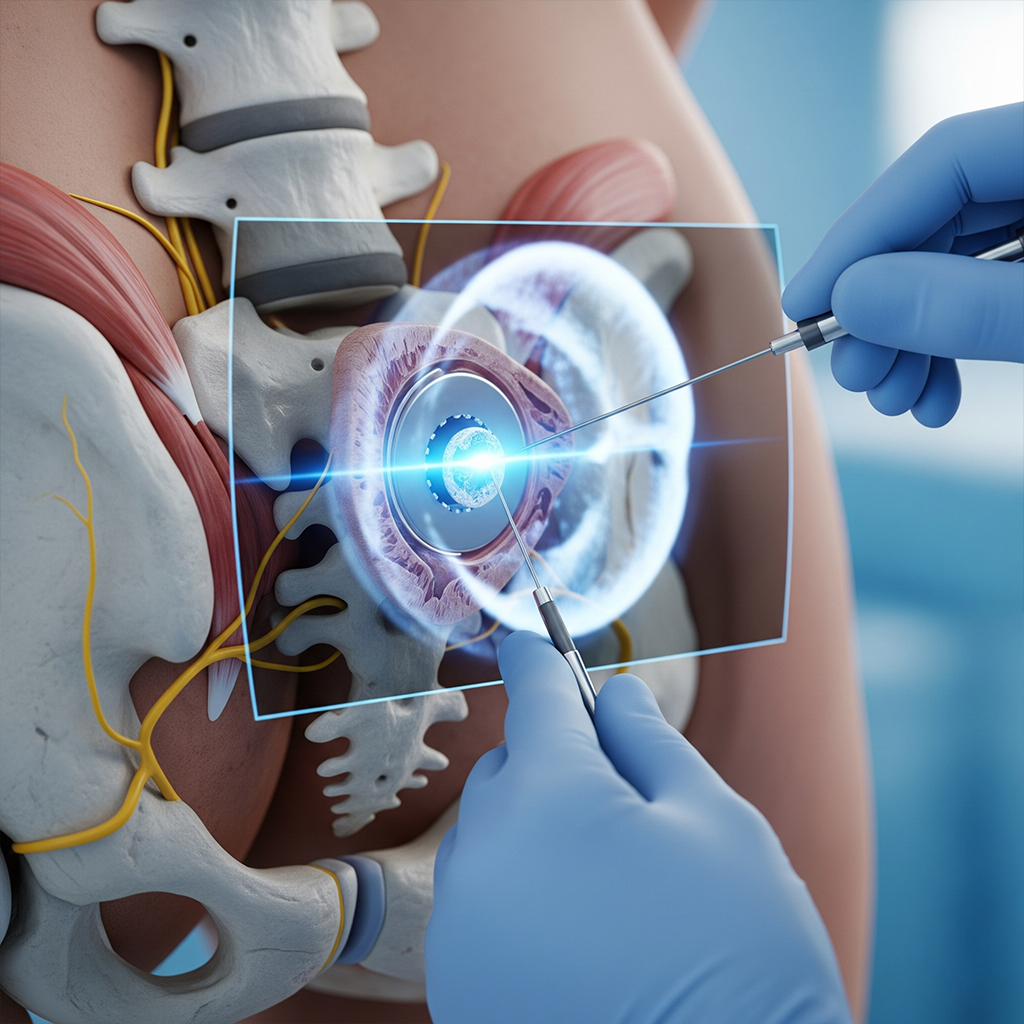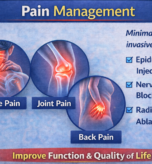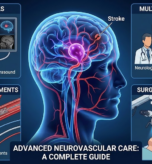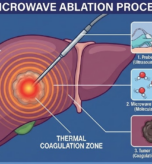Image-Guided Discography: Diagnosing Back Pain Precisely
Image-guided discography is a safe test that uses imaging to find the exact cause of back pain. It is simple, minimally invasive, and highly accurate. With Dr. Vrishit Saraswat’s guidance, patients get clear answers and avoid unnecessary surgery.

Living With Back Pain
Back pain does not just hurt the body. It also drains energy, ruins sleep, and adds stress. At the same time, the lack of answers makes life even harder. Many patients ask:
- Why does my back hurt?
- Why did other treatments fail?
- Will I need surgery?
Because of this uncertainty, recovery often feels out of reach. However, modern tests now provide hope. In fact, advanced procedures like image-guided discography are designed to reveal the truth. As a result, patients finally understand their pain and move forward with confidence.
👉 Explore services for more information.
What Is Image-Guided Discography?
Discography is a test that checks if a spinal disc causes pain.
Here is how Dr. Saraswat performs it:
- He places a thin needle into the disc using live imaging.
- A small amount of dye makes the disc visible on X-ray or CT.
- If the test recreates pain, then that disc is confirmed as the source.
Because imaging guides each step, accuracy stays high. In addition, no big cuts are needed, so patients recover faster. In other words, they gain answers without the risks of open surgery.
Who Should Have This Test?
This test may help you if:
- Pain does not improve with medicine or therapy.
- You need proof before spine surgery.
- MRI or CT scans are unclear.
- You want to avoid surgery on the wrong disc.
Therefore, the results guide treatment in the right direction. Moreover, they give both doctors and patients confidence in the plan. Importantly, the clarity also prevents unnecessary procedures.
Benefits of Image-Guided Discography
This test offers many clear benefits:
- Accurate: Finds the disc causing pain.
- Guides Treatment: Helps doctors plan the right therapy.
- Simple: Needs only a thin needle, no cuts.
- Fast: Patients go home the same day.
- Safe: Healthy discs stay untouched.
Most importantly, patients finally gain peace of mind. In fact, this relief often reduces stress as much as the treatment itself. Additionally, when the cause is clear, families can also prepare and support recovery better. Overall, the benefits extend far beyond diagnosis.
Why Choose Dr. Vrishit Saraswat?
Experience matters. Moreover, patients often choose Dr. Saraswat because of his trusted skills and compassionate care.
- Training at Medanta: One of India’s top hospitals.
- National Recognition: Trusted across India.
- Compassion: He explains and supports patients at every step.
- Online Consults: Expert advice is available from home.
With Dr. Saraswat, you not only receive accurate testing but also reassurance. Furthermore, his approach makes patients feel heard, informed, and respected. In conclusion, his blend of skill and care sets him apart.
Recovery, Cost, and Hospital Stay
- Stay: Same-day discharge.
- Comfort: Local anesthesia with mild sedation.
- Recovery: Most return to normal life in 1–2 days.
- Cost: Lower than surgery and ensures better planning.
As a result, patients save time and money. Meanwhile, they avoid risks linked to unnecessary surgery. Finally, the test creates a solid foundation for lasting recovery.
Take the Next Step
If back pain limits your life, answers are possible. Therefore, image-guided discography provides a safe way to uncover the real cause of pain. With that knowledge, your treatment becomes clear and effective.
👉 Book your consultation today In conclusion, with Image-Guided Discography and the right doctor, you gain clarity, comfort, and confidence. Overall, this advanced test can change your recovery journey for the better.






